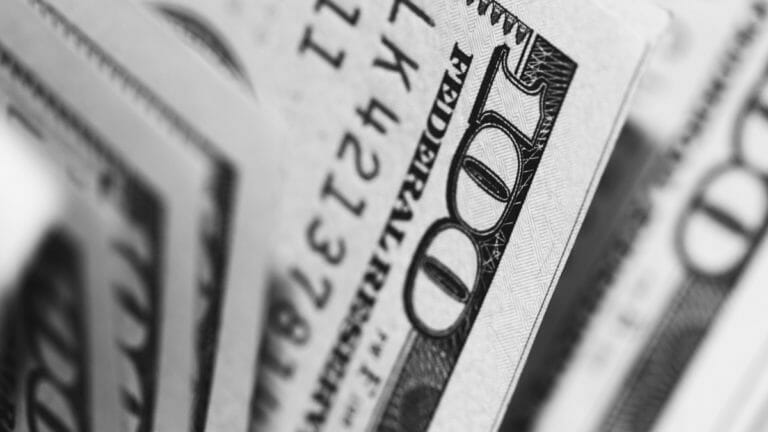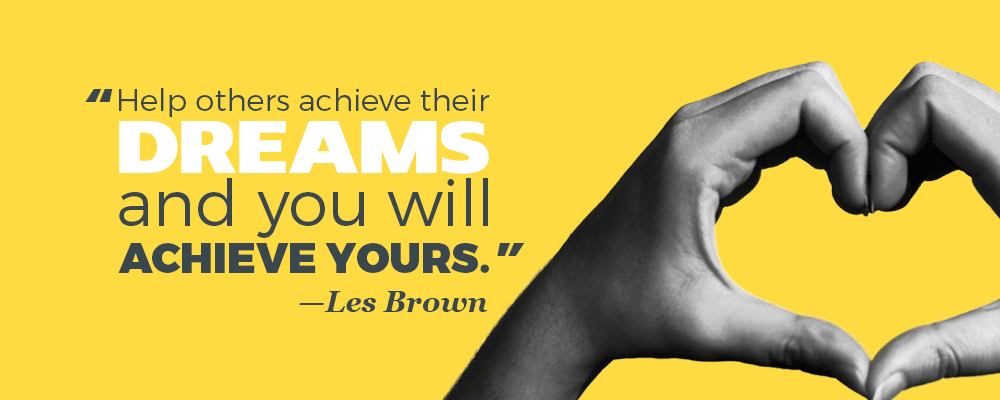I’m 42. I’m no personal finance whiz. As long as I can remember, learning about growing wealth, investing for the future and financial independence were subjects of little interest to me. Why? They seemed so far away.
It’s never too late
When I was 22 I wasn’t thinking about financial independence, F.U. money, or investing for the future. I was thinking about having fun and living in the moment. I embraced that philosophy into my thirties.
However, if you think because you’re in your 30s, 40s or 50s, that it’s late in the game to start learning about building wealth, that time is working against you, or that you’re too “old” and you’ve missed the boat, you’re mistaken.
Yes, time is on your side the sooner you start. Math doesn’t lie. If you started investing in your teens or early twenties, you could easily amass a small fortune by your 30th birthday.
The simple truth is that you’re going to live a long life. Life expectancy rates increase every year. Advances in science and technology account for this and are higher than they were a generation ago. People are living longer.
You’re never too old to start building wealth or understanding your financials.
So, assuming you lead a healthy lifestyle and don’t do anything stupid like shoot up a police station or take a leisurely swim through croc-infested waters, you’re going to be around awhile.
Small changes. Big wins.
I get annoyed with pundits who say if you wait until your 40 to start investing, you’re too late. As if the late start will hurt you! The power of compounding does get stronger the sooner you start saving, but not to start at all because someone has told you-you’re too late is nuts!
Since taking an active role in my finances, doing a bit of reading, and listening to podcasts like Listen Money Matters, I’ve been able to:
- Lose the 1% fee my advisor was charging me to manage my money and manage it myself (this equates to tens of thousands of dollars lost over the course of my portfolio’s lifetime to advisor fees).
- Moved my money to Vanguard and put it all into one low-cost index fund, VTSAX (this will probably change in the future but for now it’s simpler with fewer moving parts, inexpensive to operate, and easier to track).
- Increase my savings rate from 10% to 25% (with a goal of 50%).
- Contribute money into my brokerage account, Roth and online savings account regularly.
- Create sub-savings accounts to hit spending goals and am more conscious with what I spend my money on.
- Acquire a travel rewards credit card and receive my first 50,000 points sign-up bonus (I used to be anti-credit card while I was paying down debt, but am now aware, if used responsibly, a travel rewards credit card significantly lowers your travel costs).
- Track my earnings by making a note at the end of every shift (my paycheck fluctuates as I bartend so it changes from day to day).
- Track my spending and net worth with the help of tools like Mint and Personal Capital.
- Automate a portion of my finances so I never have to think about it.
- Increase my emergency fund to a four-month runway (my goal is to hit one year).
These small changes have had a huge positive effect both financially and psychologically for me. I can’t tell you how great it feels to know where my money is going and what I’m spending it on. I’ve been able to save more by making these tiny adjustments.
Get our best strategies, tools, and support sent straight to your inbox.
What does it mean to be wealthy
Growing up, the images I had of millionaires were of movie stars, athletes and corporate CEOs. Blue-collar America was never advertised as a bunch of wealthy bigwigs. Not much has changed.
However, if you look beneath the surface, you’ll find plenty of people who have hit financial independence years before the golden age of 65. And lots of them ordinary folk like you and I.
Read the book, The Millionaire Next Door and you’ll see. It just takes a bit of discipline, conscious spending choices, and a higher savings rate. Sometimes I feel like I’ve swallowed the red pill because I was oblivious to this stuff two years ago. Now I’m acutely aware of it.
I’ve become much more mindful of how the financial decisions I make will impact my future. One year from now or ten. The number is arbitrary. Like I heard Jim Rohn say,
Think winter in the summer.
I remember all the times I’ve traded my life energy for a paycheck. The sacrifices I’ve made to make a buck. Time away from family and friends. A birthday. A wedding. I haven’t hit financial independence yet, but I know the small changes I’ve already made are stepping stones to greater success down the road.
You’re not too old nor too late. You’re right on time. Imagine that…




